Nature is critical infrastructure - the UK government should treat it that way
Archie Struthers with Harold’s Park Manager, Tom Moat
Op-Ed by Nattergal CEO Archie Struthers for Business Green. View the article on the Business Green website here.
Embedding natural systems dependency into planning and infrastructure decisions is essential for growth that is sustainable, resilient, and long-lasting. This week, the government made its ambition clear: Britain must build its way back to growth. With a focus on accelerating the delivery of new wind farms, transport links and data centres, the government is in a rush to 'build, baby, build' by streamlining planning rules.
But one crucial type of infrastructure risks being overlooked: nature. Our natural ecosystems underpin everything else. As such, we must avoid surrendering to a false 'Hobson's choice' between development and the environment. Wetlands that manage floods, healthy soils that produce nutritious food, and rivers that provide clean water are fundamental to a functioning economy and sustainable growth.
In the UK, we have far higher economic dependency on functioning ecosystems than our policies and political discourse appear to recognise. Health benefits from recreation alone are estimated to provide £489bn in ecosystem service value year-on-year. And globally, more than half of GDP depends on natural systems. Yet the UK is one of the most nature-depleted countries in the world, and these vital assets are under pressure.
Let's be clear that this is not just an environmental issue. It is actually all about economic resilience. Food and water security, flood defences, our national transport and energy infrastructure, and swathes of UK industry rely on functioning ecosystems. Fail to effectively manage and nurture those systems, and we undermine growth itself. Unchecked nature loss risks shrinking our GDP by six per cent by 2030. That would be an economic shock larger than the 2008 financial crisis or the Covid-19 pandemic - consider the lengths we went to as a nation to weather those crises. But the good news is that the costs of those interventions were many times what we need to spend in order to safeguard nature.
Having spent decades in the investment industry prior to joining Nattergal, I believe our natural capital is the most undervalued asset in Britain today. The scale of the challenge is significant but so too is the value of the economic prize. Restoring nature is a multi-billion-pound task, all while the government is focused on driving growth and better controlling public spending. The funding gap to meet the UK's legally binding environmental targets is estimated at £50bn-£100bn over the next decade. Government spending alone cannot fill this gap, nor should it fall on taxpayers' shoulders. The only realistic way forward is to unlock private finance.
Herein lies the opportunity. Billions in private capital from pension funds, insurers, and asset managers stands ready to be deployed. These investors are actively seeking high-integrity projects that deliver clear financial returns alongside measurable results for nature and positive impacts for local communities. The UK, with its world-leading financial services sector, is uniquely positioned to become the global innovation hub, leading the growth of this burgeoning market.
We have already proven the model can work. The government's own Biodiversity Net Gain (BNG) policy, which requires developers to improve nature, has already generated a market worth hundreds of millions of pounds annually that supports thousands of jobs – all without any cost to the taxpayer. It is a clear example of how smart, stable regulation can crowd in private capital to deliver public good.
Yet at the very moment we should be scaling up this success, policy uncertainty risks slamming the brakes on investment. Recent proposals to scrap BNG for small sites risks undermining the entire policy – around 80 per cent of planning applications would then become exempt. That jeopardises the market's foundations, risks making it unviable for operators and severely diminishes investor confidence. At the same time, the government has introduced initiatives such as the centralised Nature Restoration Fund, which in effect acts as a 'nature tax' and perversely endangers crowding out private investment rather than mobilising it.
Private capital is mobile; it will flow to where the market signals are clear and consistent. Right now, billions of pounds that could be regenerating our landscapes are instead sitting on the sidelines, frozen by regulatory inconsistency and uncertainty.
The solution is not to roll back ‘green commitments' under the guise of cutting red tape. It is to provide long-term policy stability that gives private capital the confidence to invest alongside the government to restore our most critical infrastructure – nature. The returns are compelling: for every £1 invested in nature restoration, we can generate up to £3 in economic and social benefits.
Proposals launched for consultation this week on streamlining infrastructure planning show government can act decisively. That same focus and consistency now needs to be applied to nature. Embedding natural systems dependency into planning and infrastructure decisions is essential for growth that is sustainable, resilient, and long-lasting. The strongest foundations for our growth, and the future I believe we all inherently want, will not just be built with concrete – they will be built on functioning, healthy ecosystems. Nature can be our greatest ally in the challenging times ahead if we better value and nurture her.

